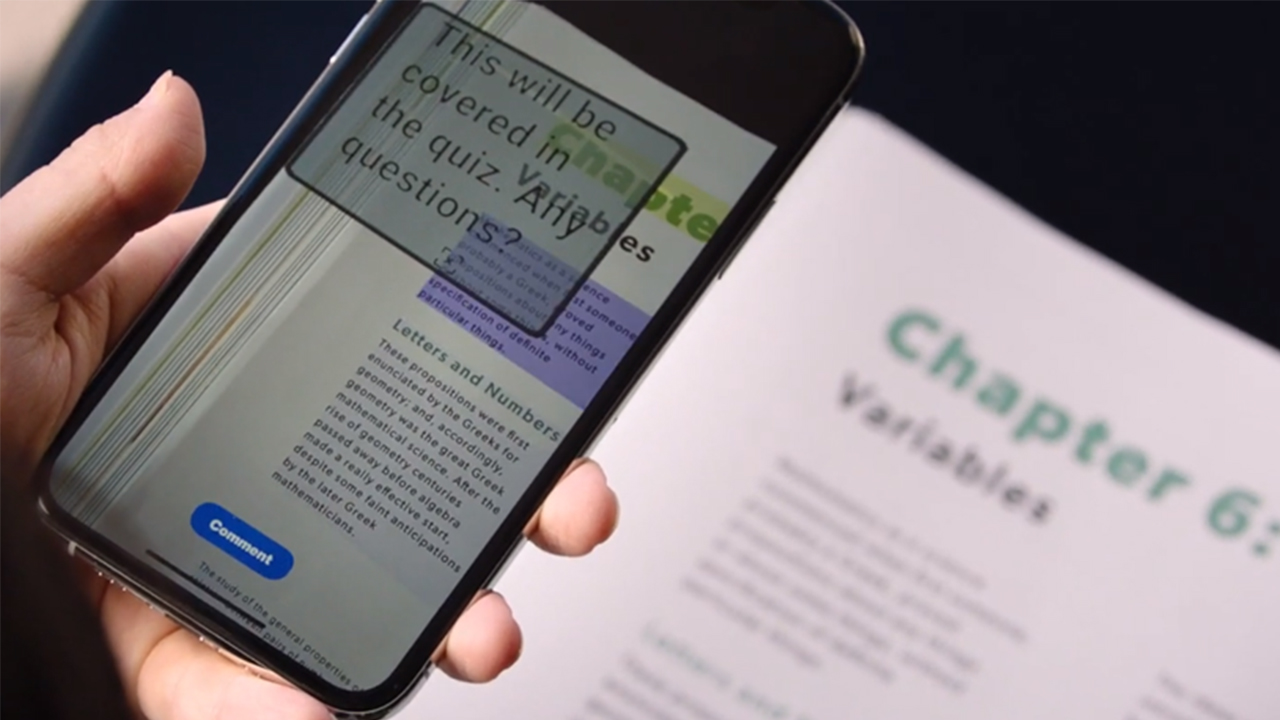
CHI 2022 is being held as a hybrid-onsite conference this year from April 30 to May 5, 2022. The ACM CHI Conference on Human Factors in Computing Systems is widely considered to be the top international conference for Human-Computer Interaction research work. CHI – pronounced ‘kai’ – is a place where a diverse group of researchers and practitioners gather to discuss the latest in interactive technology.
This year, CHI is being held in a fully hybrid format for the first time. Participants can attend the conference in-person in New Orleans, while others will attend through an online conference platform and Discord.
Adobe is co-authoring a variety of work at CHI this year, including:
- Six CHI Papers
- Four Late-Breaking Work papers
- One Case Study paper
- One CHI Journal paper
CHI states that Late-Breaking Works provide the CHI community with an opportunity to present new and exciting contributions that showcase innovative technologies, extend prior research conversations, detail short self-contained studies, or provide provocations for new work and ideas to emerge. Case Studies are compelling stories about Human-Computer Interaction practices based on real-world experiences that will be instructive and of interest to other members of the community.
The CHI Journals track invites selected authors of papers accepted to the ACM Transactions on Computer-Human Interaction (ToCHI) to present their work at the CHI conference.
A number of Adobe researchers also served as Associate Chairs (AC) of CHI and external reviewers to help ensure high-quality reviews for the thousands of paper submissions that CHI received:
- Zoya Bylinskii – Visualization subcommittee AC
- Joy Kim – Blending Interaction: Engineering Interactive Systems & Tools subcommittee AC
- Cuong Nguyen – Blending Interaction: Engineering Interactive Systems & Tools subcommittee AC
- Hijung Valentina Shin – Blending Interaction: Engineering Interactive Systems & Tools subcommittee AC
- Christine Dierk – received a Special Recognition for Outstanding Review
Many of the accepted papers are the outcome of research internships or other collaborations with university students and faculty. For those interested, please check out the Adobe Research Careers website to learn more about internships and full-time career opportunities.
CHI Papers
A Layered Authoring Tool for Stylized 3D animations (Honorable Mention Paper Award) Jiaju Ma, Li-Yi Wei, Rubaiat Habib Kazi CatchLive: Real-time Summarization of Live Streams with Stream Content and Interaction Data Saelyne Yang, Jisu Yim, Juho Kim, Hijung Valentina Shin Cicero: A Declarative Grammar for Responsive Visualization Hyeok Kim, Ryan Rossi, Fan Du, Eunyee Koh, Shunan Guo, Jessica Hullman, Jane Hoffswell Dually Noted: Layout-Aware Cross-Device Annotations with Smartphone Augmented Reality Jing Qian, Qi Sun, Curtis Wigington, Han Han, Tong Sun, Jennifer Healey, James Tompkin, Jeff Huang Slide-Tone and Tilt-Tone: 1-DOF Haptic Techniques for Conveying Shape Characteristics of Graphs to Blind Users Danyang Fan, Alexa Siu, Wing-Sum Law Raymond Zhen, Sile O'Modhrain, Sean Follmer Supporting Accessible Data Visualization Through Audio Data Narratives Alexa Siu, Gene Kim, Sile O'Modhrain, Sean Follmer
Late-Breaking Work papers
Debiased Label Aggregation for Subjective Crowdsourcing Tasks Shaun Wallace, Tianyuan Cai, Brendan Le, Luis Leiva Empathic Vehicle Design: Use Cases and Design Directions from Two Workshops Chihab Nadri, Ignacio Alvarez, Esther Bosch, Michael Oehl, Michael Braun, Jennifer Healey, Christophe JALLAIS, Wendy Ju, Jingyi Li, Myounghoon Jeon Harmonized Banner Creation from Multimodal Design Assets Praneetha Vaddamanu, Vinay Aggarwal, Bhanu Prakash Reddy Guda, Balaji Vasan Srinivasan, Niyati Chhaya NeurTEx: A Neural Framework for Template Extraction from Flat Image Vinay Aggarwal, Praneetha Vaddamanu, Bhanu Prakash Reddy Guda, Balaji Vasan Srinivasan, Niyati Chhaya, Vishwa Vinay
Case Study paper
Photo Community Codesign (a.k.a. Codesign During a Global Pandemic) Jenna Frens, Lindsey Rasie, Victoria Hollis CHI Journal paper
Towards Individuated Reading Experiences: Different Fonts Increase Reading Speed for Different Individuals Shaun Wallace, Zoya Bylinskii, Jonathan Dobres, Bernard Kerr, Sam Berlow, Rick Treitman, Nirmal Kumawat, Kathleen Arpin, Dave B. Miller, Jeff Huang, Ben D. Sawyer